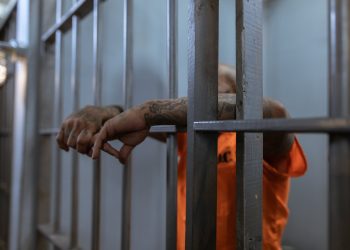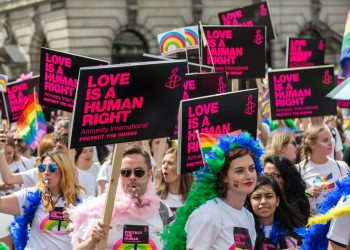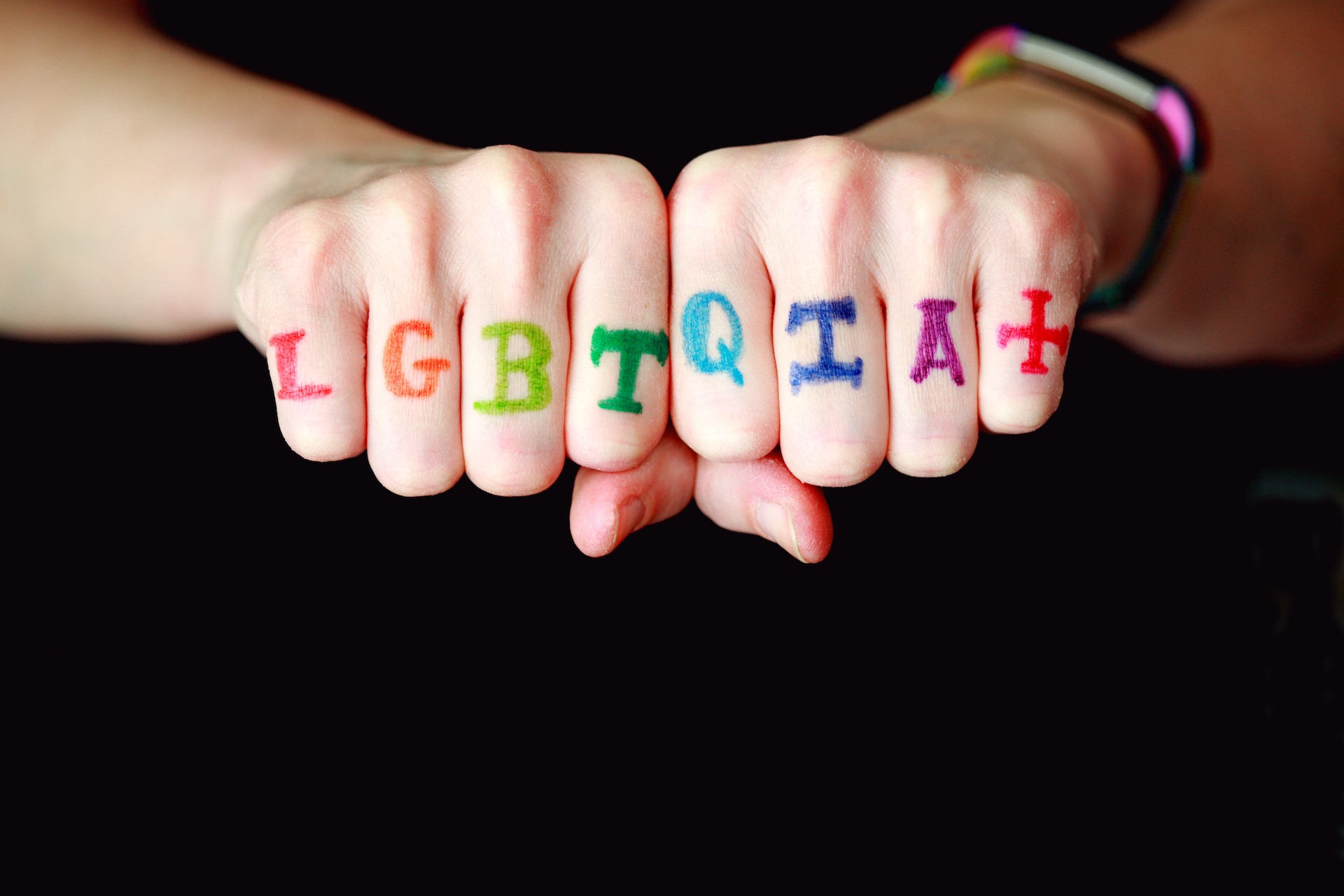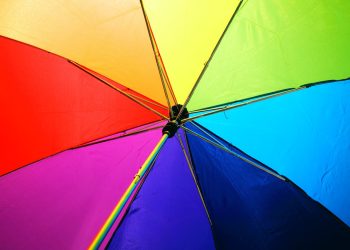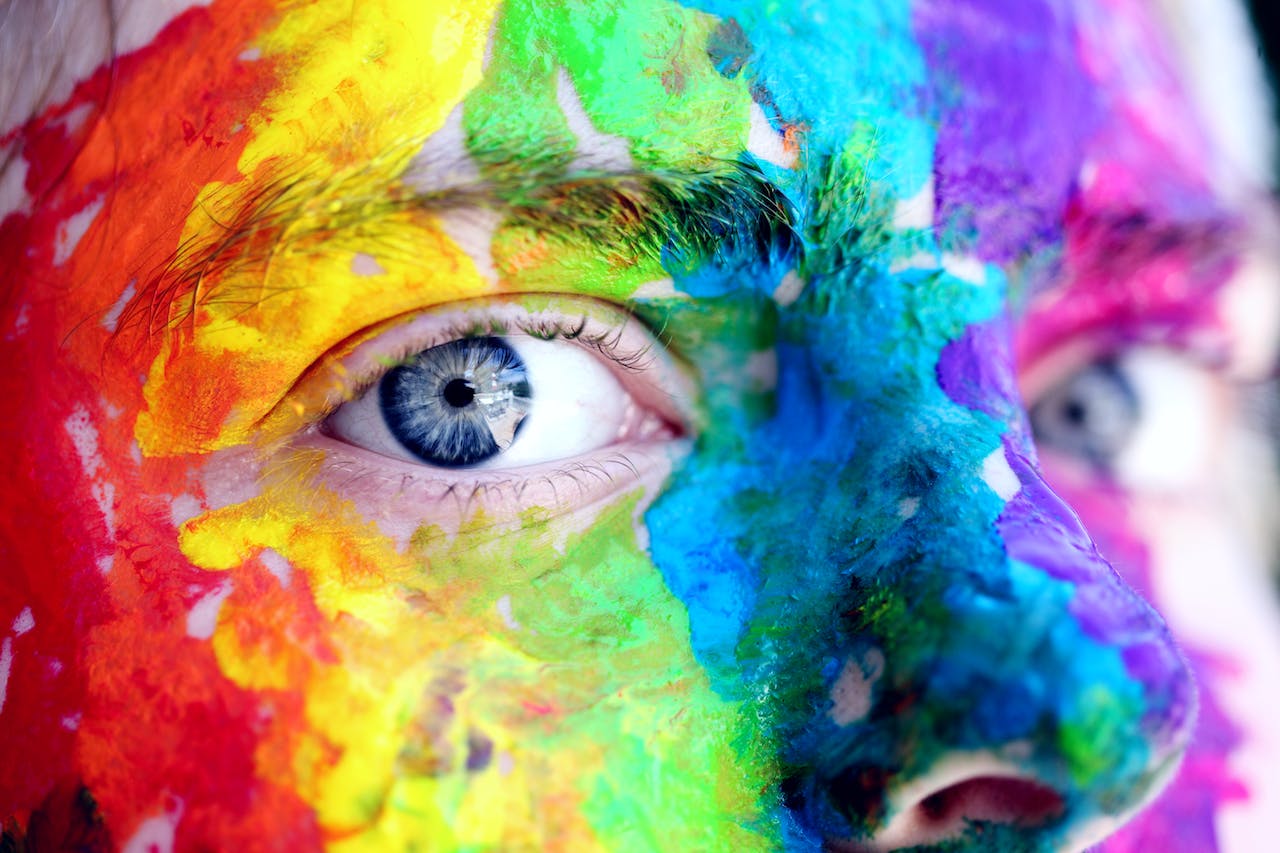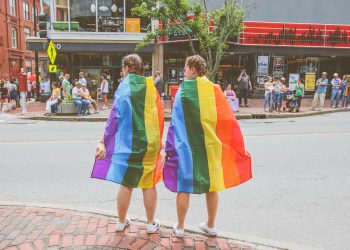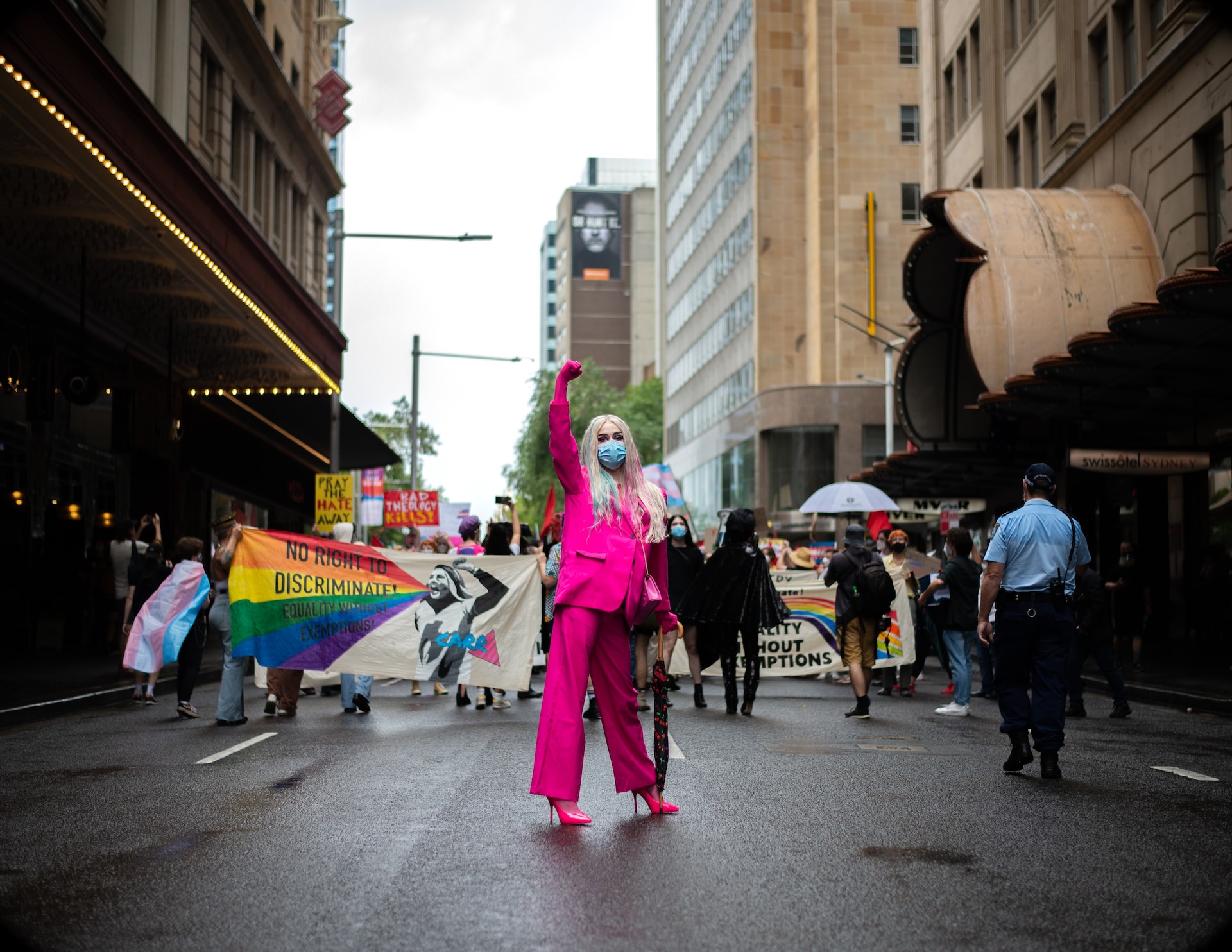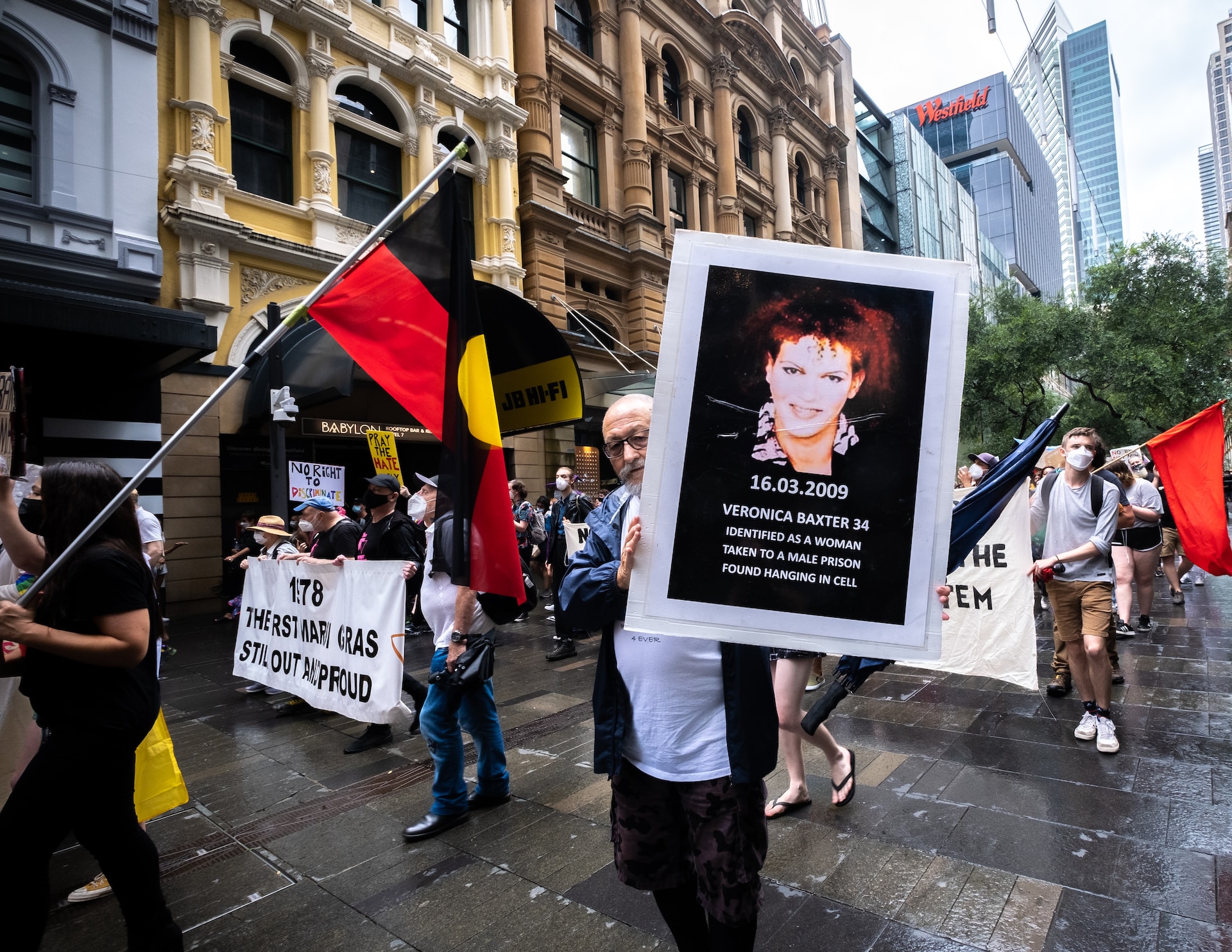In a disheartening development, LGBTQ individuals in Nigeria are being subjected to mass arrests and severe human rights violations. Activists and rights groups have raised the alarm, pointing to the misuse of the country’s same-sex prohibition law as a weapon against the community, while conveniently overlooking the abuses they endure.
The Current Situation
Recent reports from Abuja highlight that law enforcement agencies in Nigeria are weaponizing the country’s same-sex prohibition law to target the LGBTQ community. This is happening even as the country’s constitution promises freedom from discrimination and upholds the right to private and family life.
Nigeria stands among more than 30 African countries that criminalize homosexuality. These laws, unfortunately, enjoy significant public support, making it challenging for the LGBTQ community to find allies in their fight for justice and equality.
The Gombe Incident
Earlier this week, Nigeria’s paramilitary agency reported the arrest of over 70 individuals – 59 men and 17 women – in northern Gombe state. The charges? Allegedly “holding homosexual birthdays” and planning a same-sex marriage. These accusations come on the heels of another mass arrest in the southern Delta state, where over 60 individuals were detained on suspicions of participating in a gay wedding.
Isa Sanusi, the director of Amnesty International Nigeria, termed these incidents as evidence of “a growing trend of witchhunt and gross violation of human rights.”
International Reactions and Internal Dynamics
Nigeria’s Same Sex Marriage Prohibition Act of 2013 has been a subject of international criticism. Yet, it finds significant support among Nigeria’s 210 million-strong population. This law, which can sentence individuals to up to 14 years in prison for gay marriage, has reportedly caused many LGBTQ Nigerians to leave their homeland.
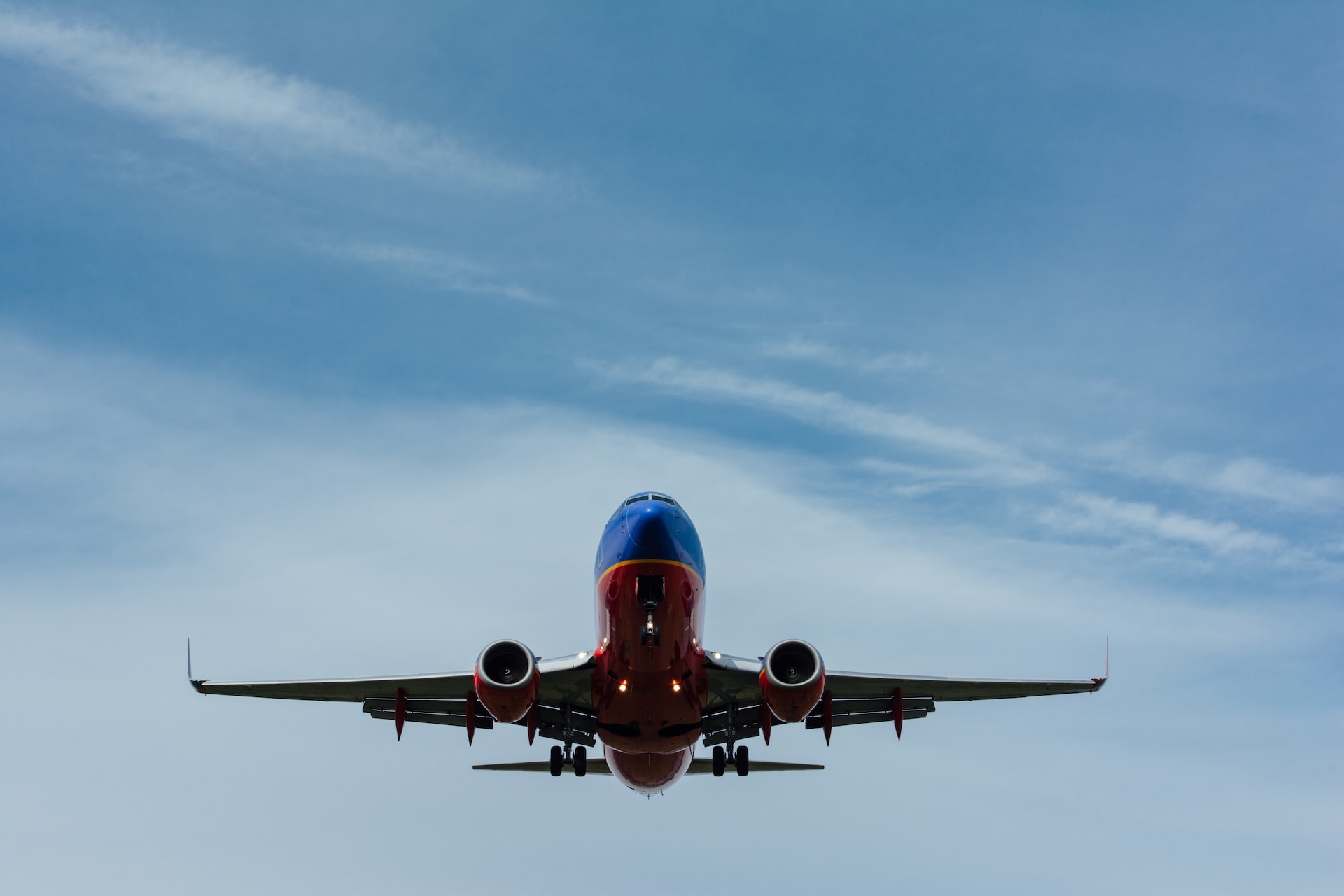
While arrests under this act are not new, the recent surge in mass detentions has raised eyebrows. Some of those detained were paraded in front of cameras on social media platforms, a move that blatantly violates the nation’s constitution, as per a high court ruling from the previous year.
Victims Speak Out
Many of those arrested claim innocence. In the Gombe incident, the prime suspect, Bashir Sani, clarified that the event was merely a birthday celebration. Even professionals like photographers and disc jockeys, who were present at the event for work, were not spared from the arrests.
Okechukwu Nwanguma, from the Rule of Law and Accountability Advocacy Centre, commented on the matter, stating that these events exemplify how the anti-gay law is being “exploited” without due process.
Conclusion: A Call for Justice
The rising tensions and clear misuse of law in Nigeria against the LGBTQ community call for immediate international attention and intervention. As rights groups continue to fight against these injustices, the world watches, hoping for a future where every individual’s rights and choices are respected.
©unitedradiance.org

